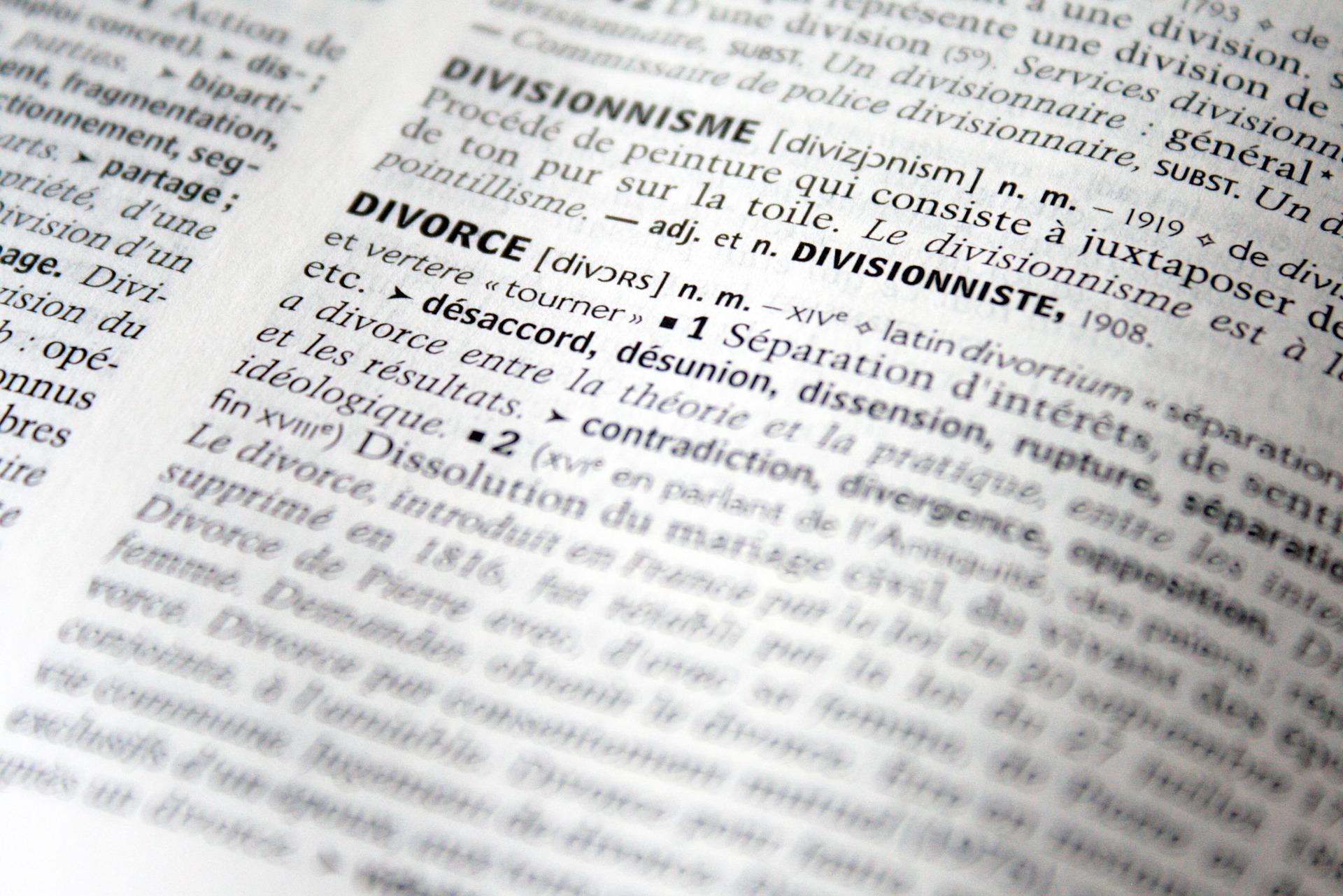Couples getting divorced very often have a lot on their plate emotionally. However, this emotional stress can be compounded by financial stress, and if you or your spouse own a business, you may be looking at an even more complicated process than other divorcing spouses. The rights to a business, especially a jointly-owned business are one of the most contested issues in divorce. Unfortunately, in a contested divorce, the courts must determine the value of a shared business or the share of one party in the business to reach a fair and equitable property division. Several aspects contribute to a business, and oftentimes, both spouses will feel they are more entitled than the other. However, with the help of an attorney and a bit of self-education, the process does not have to be all that bad. Here are some of the questions you may have:
What is the difference between marital and exempt property?
When a property is exempt from a divorce, it means one spouse is solely entitled to it. Some examples of property that is generally considered exempt are as follows:
- Gifts
- Property acquired before a marriage
- Inherited assets
- Assets designated as exempt in a written agreement, such as a prenuptial or postnuptial agreement
In the divorce process, the term “equitable” does not necessarily mean “equal,” rather it more closely means a fair distribution in the eyes of the court.
How is my business’s value determined?
To assess how your business should be valued, financial experts analyze various business records. Sometimes, the court may also ask for information, which you must provide accurately and truthfully. If there are any discrepancies, they will get reported to the IRS.
Can I protect my business from a divorce?
Fortunately, it is never too late to protect your business from a divorce. You may decide in writing exactly what will happen to your business if you divorce in a shareholder agreement. These agreements generally assign ownership, detail how each party’s interest in the company is valued, and limit the transfer of ownership to another party. You may also draft a prenuptial agreement before marriage outlining what will happen to your business in a divorce. If you are already married, it is too late to draft a prenuptial agreement. However, it is never too late to draft a postnuptial agreement. These agreements essentially serve the same purpose as prenuptial agreements, though they are drafted after you are already married.
Contact our experienced New York firm
The Law Office of Peter L. Jameson, PLLC is an experienced divorce and family law firm located in New City, NY. It is essential to retain effective legal guidance during such pivotal times in life. Contact our firm today to discuss your legal matter and get the quality legal representation you deserve.


